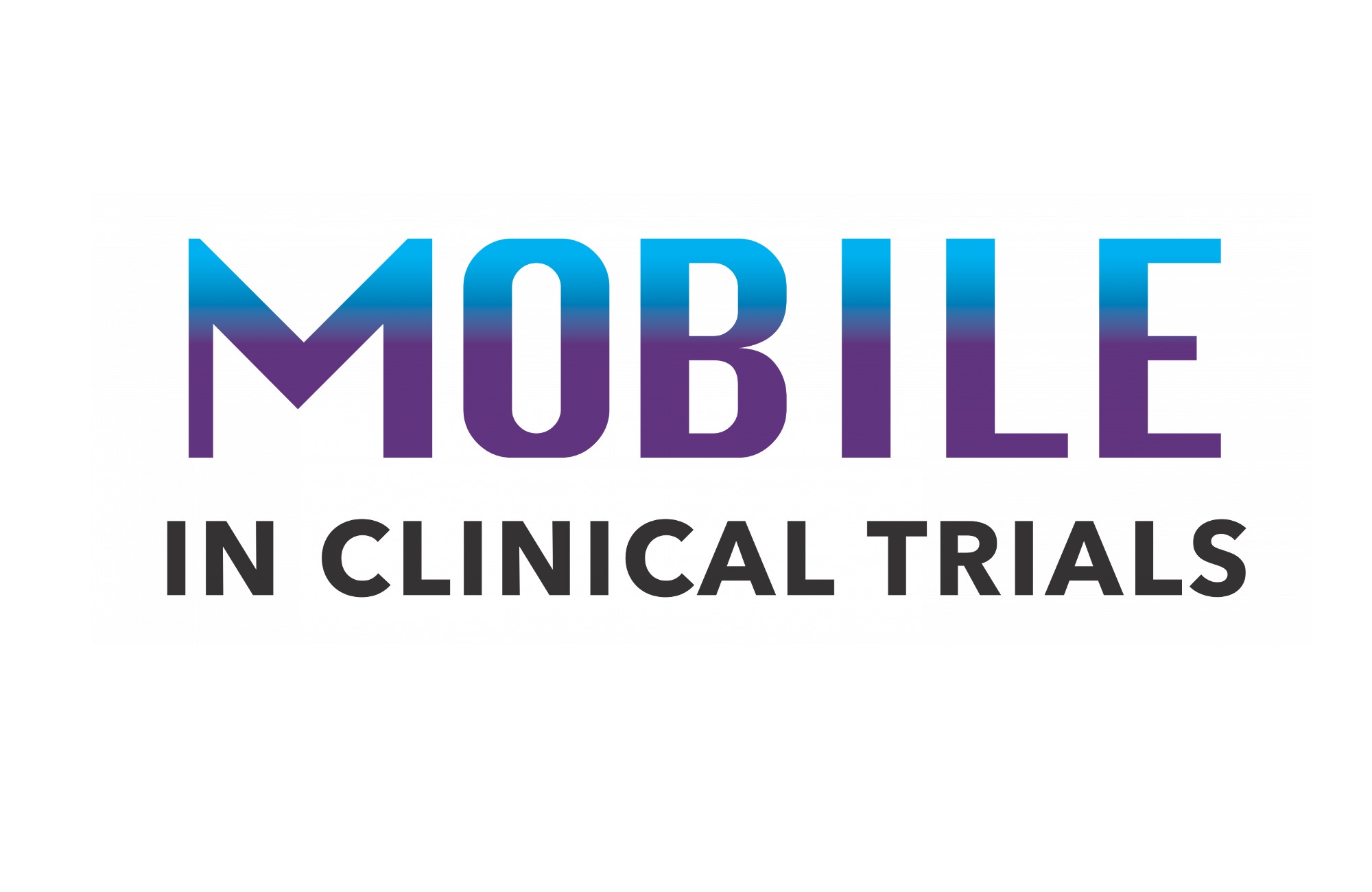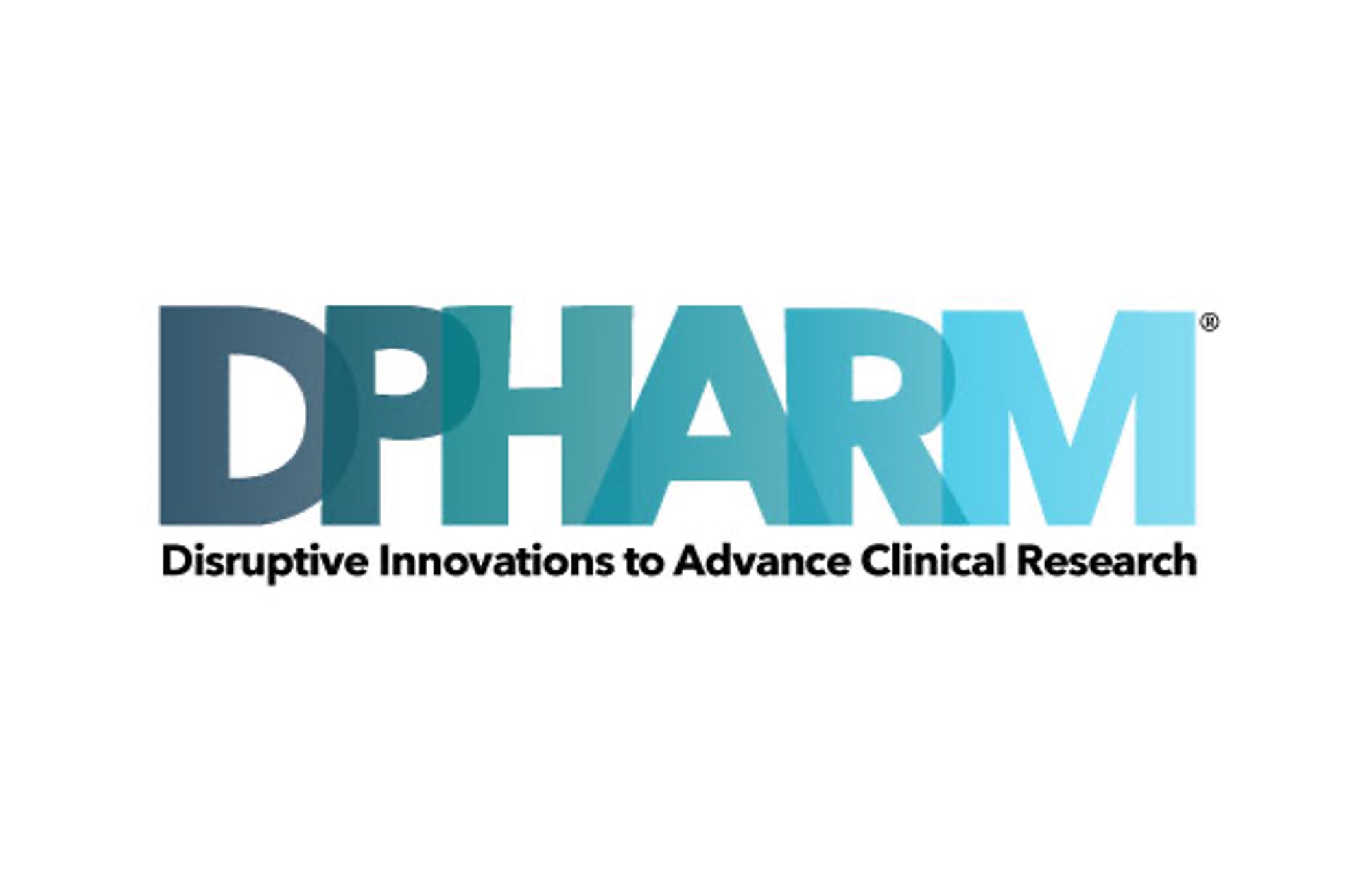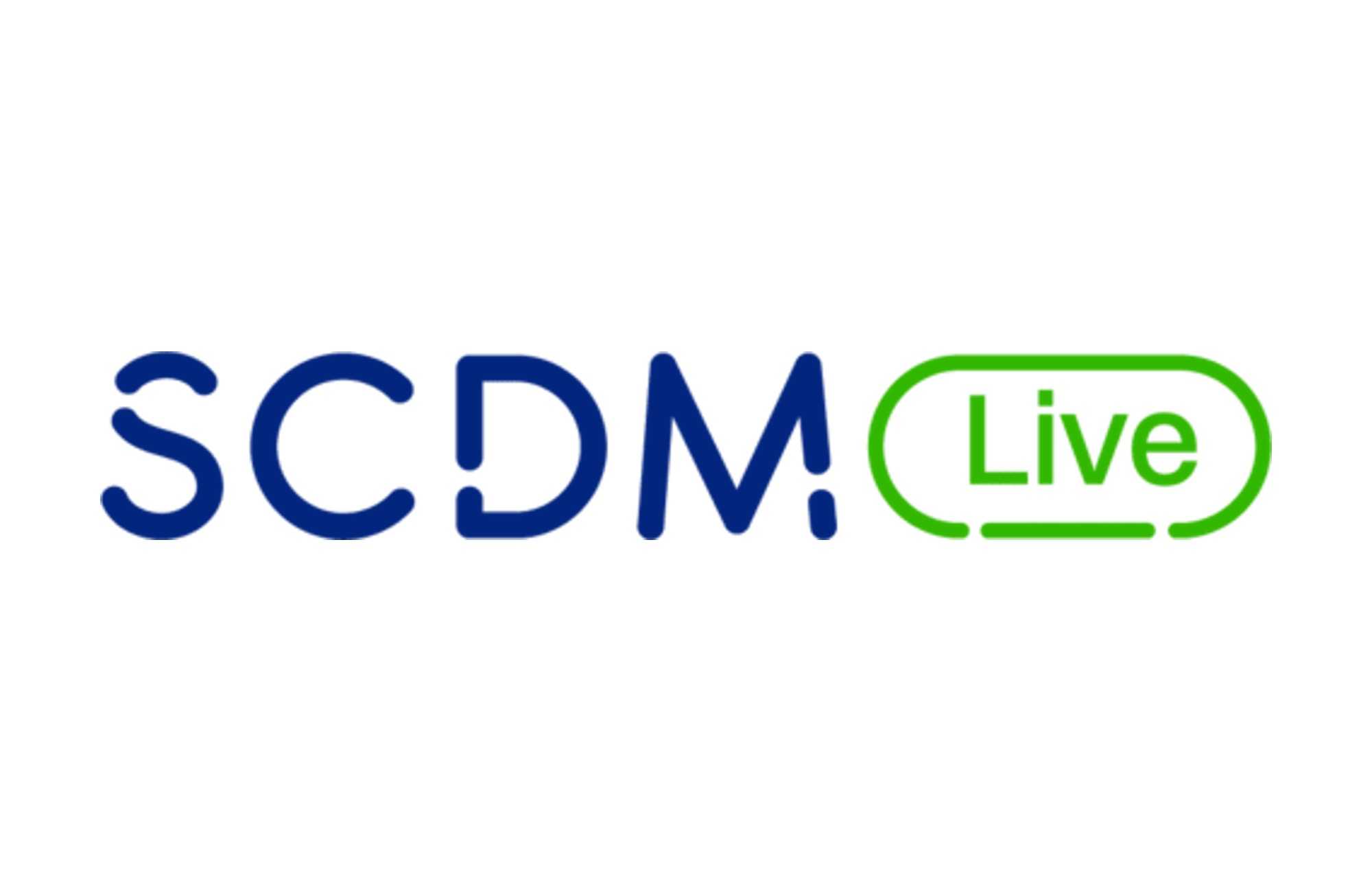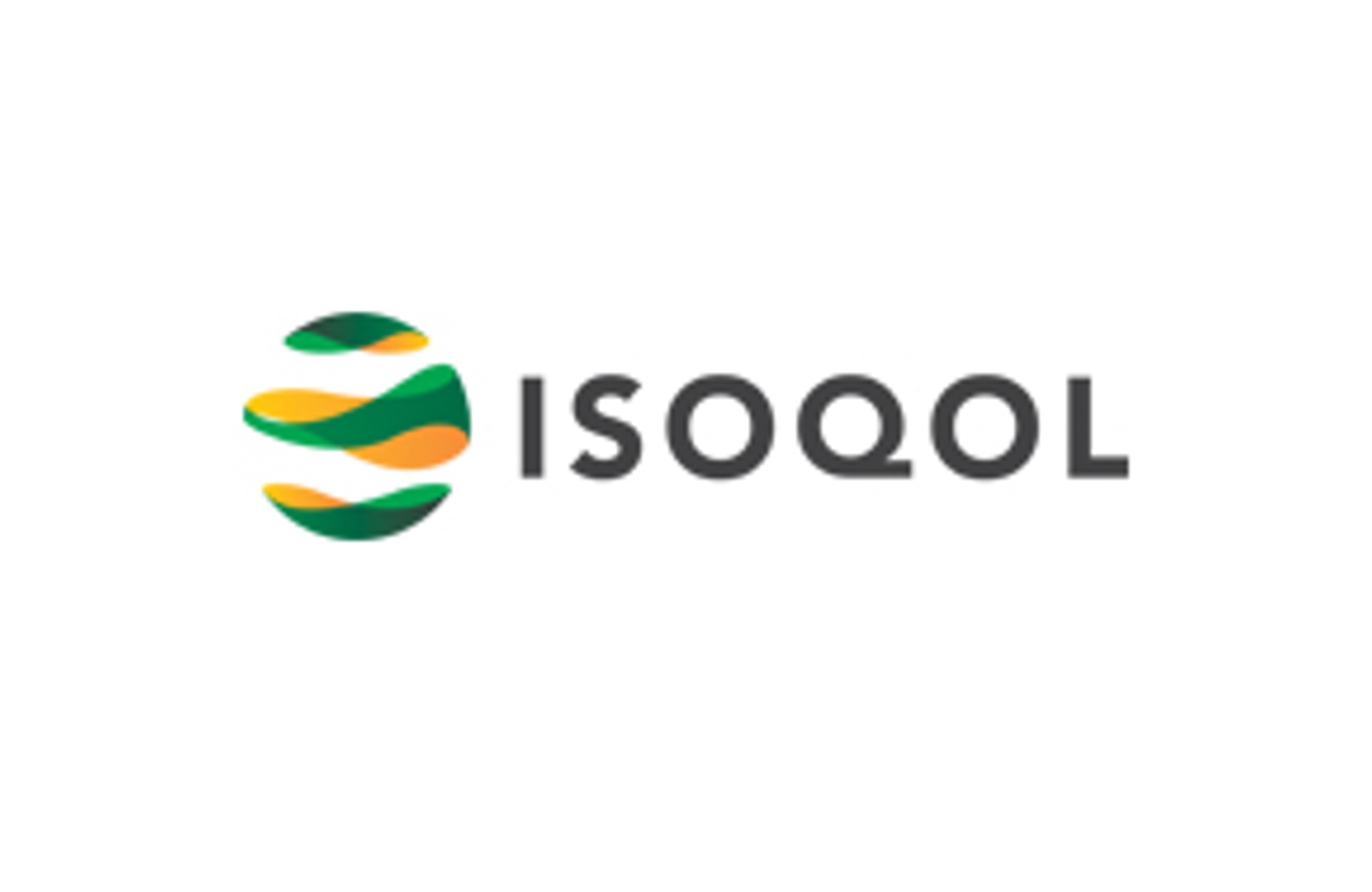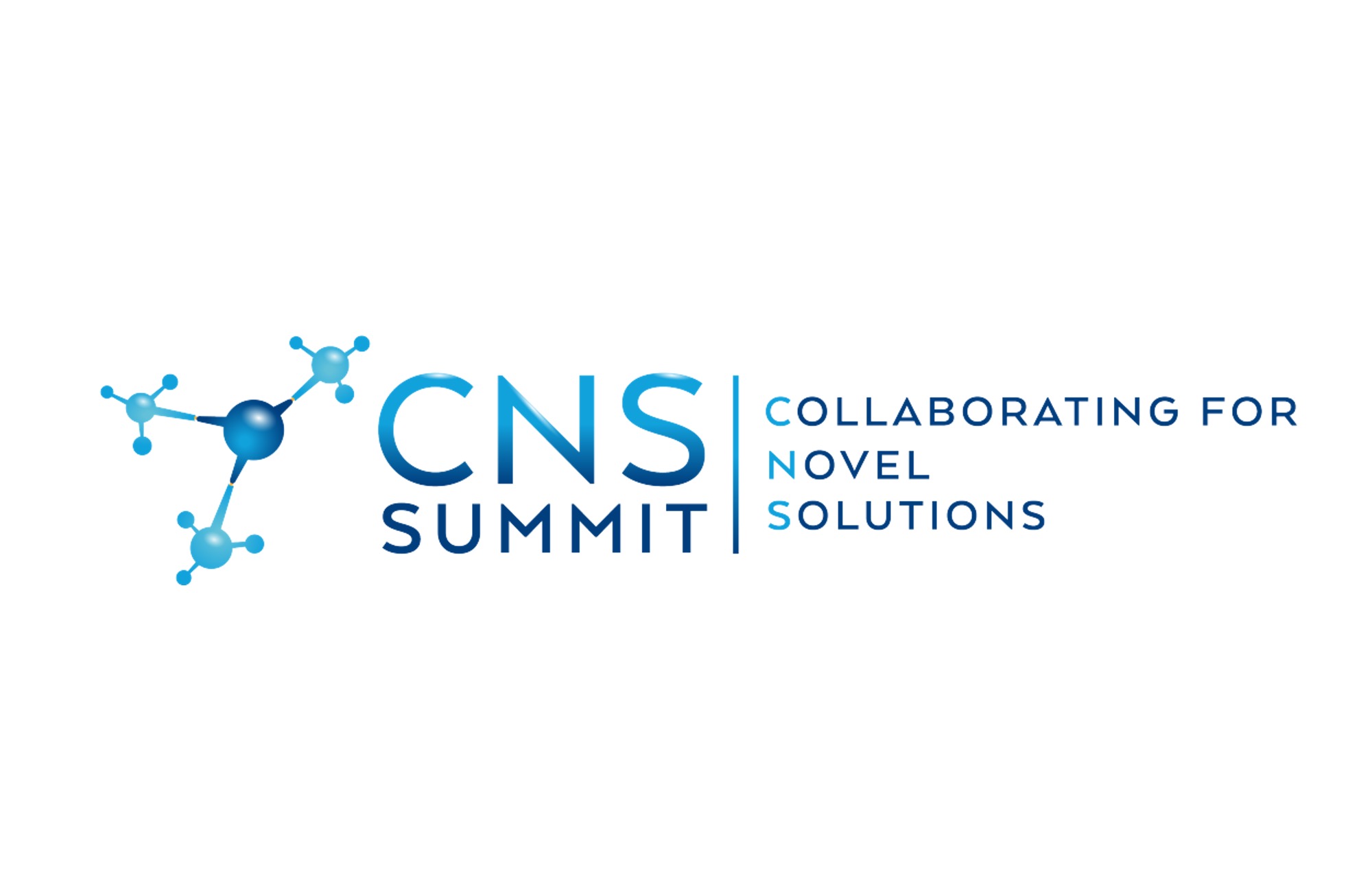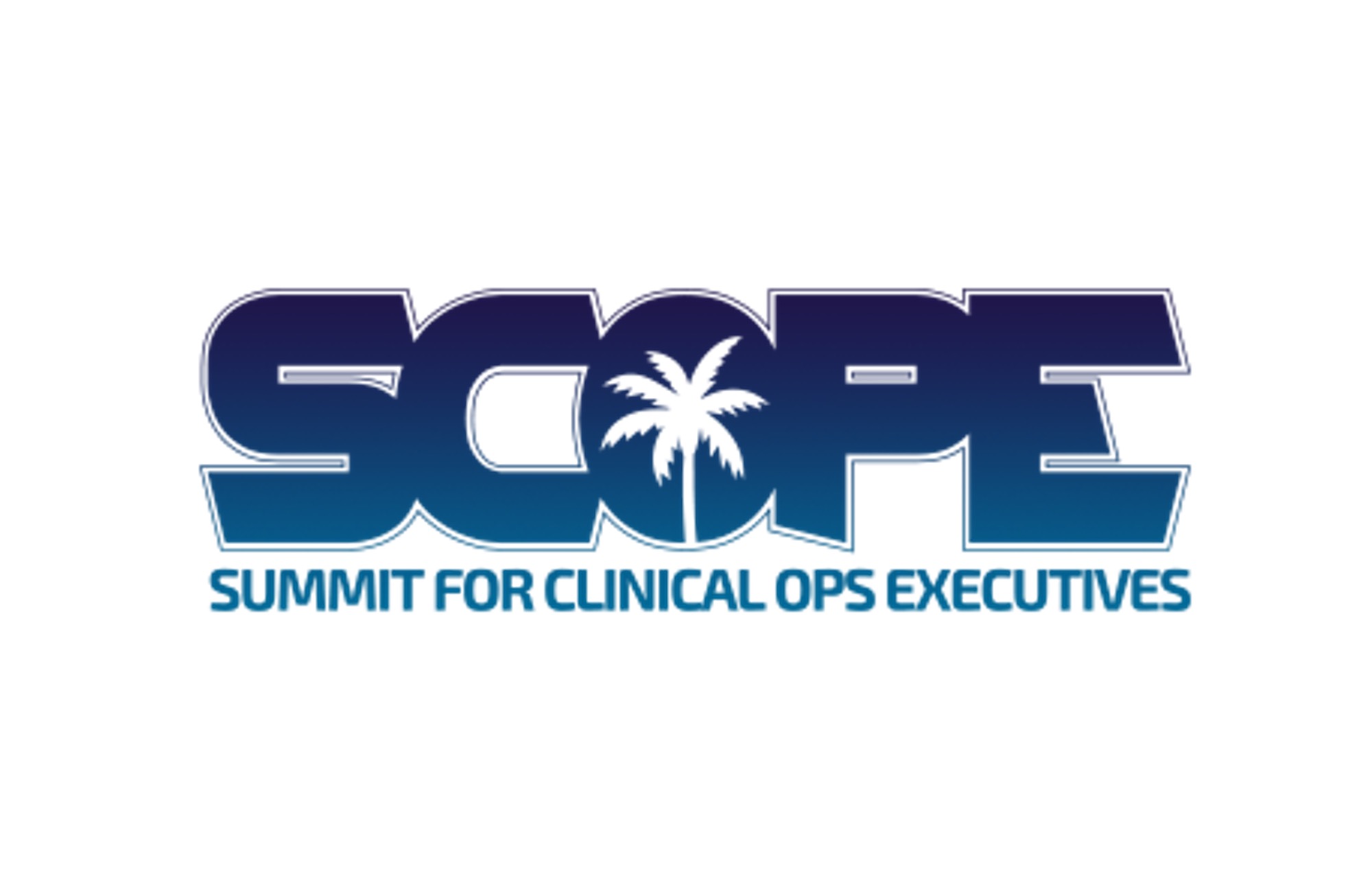Among numerous clinical study procedures, capturing patients reported outcomes can bring its own set of challenges and, if not well prepared, using eCOA solutions can generate extra hurdles. This is particularly true in the oncology space where often patients are very sick, protocols are very complex and clinical studies are lengthy. What are the main issues that sites and patients encounter daily in running eCOA oncology studies? And how can the industry stakeholders be better at understanding these issues and offering solutions to keep them engaged in long-term oncology trials?

Conducting oncology studies is becoming more and more difficult. The rising complexity of protocol design, the difficulty to identify meaningful endpoints, and the increasing volume of those endpoints combine to generate a significant level of complexity. To add to this, the competition between clinical trials at the level of the study sites and the multiplicity of tools and systems to run a given study are also factors that have a significant impact on the implementation and conduct of clinical studies at clinical cancer centers. A 2019 report showed that despite accounting for almost 30% of the R&D product pipeline in 2018, composite success rates for oncology studies are only 8%.
MANAGE the Oncology phase II/III study design complexity, including multimodality therapy and multiple arms
Using eCOA for oncology trials can be particularly challenging because of the wide range of therapeutic approaches and the variability in patient populations. Key components should be considered ahead of time by the project team to ensure successful study implementation.
PLAN THE IMPLEMENTATION
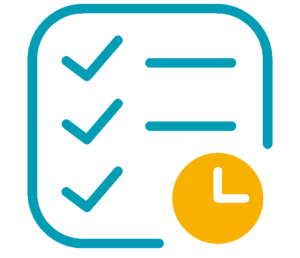 The eCOA vendor, together with the clinical sponsor team and all relevant partners (e.g., linguistic validation services, questionnaire authors), needs to plan early to ensure that all aspects pertaining to the eCOA components have been taken into consideration prior to the implementation of systems and solutions. This includes not only the characterization of the patient population and of the specificities of the disease itself, but also the schedule of events, the branching logic, the edit checks, as well as all the questionnaire validation processes including usability testing and potential equivalence studies.
The eCOA vendor, together with the clinical sponsor team and all relevant partners (e.g., linguistic validation services, questionnaire authors), needs to plan early to ensure that all aspects pertaining to the eCOA components have been taken into consideration prior to the implementation of systems and solutions. This includes not only the characterization of the patient population and of the specificities of the disease itself, but also the schedule of events, the branching logic, the edit checks, as well as all the questionnaire validation processes including usability testing and potential equivalence studies.
SET UP THE eDIARIES
 The set-up of patient diaries has also been described as an area that brings a lot of complexity. , In order to manage this complexity, teams are encouraged to spend time sharing and capitalizing on their experience and describing their expectations in a very detailed way. Breaking down the silos and sharing lessons learned will bring the wide picture that comes at the service of every single project.
The set-up of patient diaries has also been described as an area that brings a lot of complexity. , In order to manage this complexity, teams are encouraged to spend time sharing and capitalizing on their experience and describing their expectations in a very detailed way. Breaking down the silos and sharing lessons learned will bring the wide picture that comes at the service of every single project.
BUILD THE DATABASE
 Database set up needs to be robust and complete to ensure online ePRO data integration and potential reconciliation with the Interactive Response Technology (IRT) system data, to remove any ambiguity and guarantee an efficient and clean randomization process. The programming of alerts needs to be customized and linked to each study arm. This must also be adapted to the patient population, and so investigating patients’ preferences at an early stage, with the help of experts and patients’ associations, can also have significant value.
Database set up needs to be robust and complete to ensure online ePRO data integration and potential reconciliation with the Interactive Response Technology (IRT) system data, to remove any ambiguity and guarantee an efficient and clean randomization process. The programming of alerts needs to be customized and linked to each study arm. This must also be adapted to the patient population, and so investigating patients’ preferences at an early stage, with the help of experts and patients’ associations, can also have significant value.
MITIGATE the duration of the oncology study – time intervals and long-term study complexity
Time is a tricky parameter in oncology research. There are several time intervals to be considered, such as Progression-free Survival (PFS), Response duration (RD) and Overall Survival (OS). Furthermore, oncology studies often combine a long enrollment period with an extended treatment and follow-up period. The eCOA logistics, the training and support programs, the eCOA data flow and communication links are all critical aspects that need to be adapted accordingly.
CREATE TRAINING

The eCOA training program needs to be customized to the specifics of the project and to the study population. Although the investigators’ meeting (IM) and the site initiation visit remain the standard opportunities to demonstrate the solution and for site staff to practice, there can be situations where this will not be sufficient. Multiplying the opportunities to share information is a golden rule for success and the following could represent useful site-centric solutions for long term studies: webcast of IMs, additional webcast training, short videos or recordings organized to focus on specific aspects of the eCOA set-up process. eCOA logistics, re-use or site reallocation of provisioned device, data management (DM) activities need to be adapted proactively according to the different study time intervals. With proactive discussions, clinical teams will be able to identify those areas where performance can be optimized.
BUILD THE PLATFORM
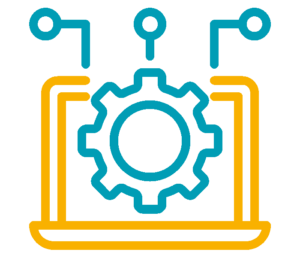
- eCOA platforms including devices, solutions and Apps need to be interoperable to ensure consistency of the communication of data workflows linked to each patient during the different time intervals.
- Easy-to-use solutions and communication tools (e.g. for sending alerts, reminders for eDiary completion or for an upcoming hospital appointment) will help to reinforce patient compliance and patient engagement for long-term studies.
MONITOR adverse events and the impact on quality of life with the oncology therapy
Oncology studies can include challenging treatment regimens and severe toxicity profiles, which can have an adverse impact on the patients’ quality of life. Management of toxicities is key not only to the characterization of the investigational drug but also to the maintenance of an acceptable quality of life for the patients. So, efficient collection of adverse events related to the oncology therapy is essential:
DESIGN ADAPTED DIARIES

Most of quality of life assessments, e.g. QLQ- C30, EQ-5D, FACIT, FACT-G, are collected during on-site visits whereas adverse events/diseases symptoms can be collected in the home setting. For the eDiary data that are collected at home, the eCOA solution/platform configuration must integrate the investigator review into the data workflow process. Easy-to-use communication tools and clinician engagement are key to ensure successful eDiary completion and patient compliance.
SELECT A BACK-UP STRATEGY

The solution must contain an appropriate eCOA back-up strategy, to be implemented in a quick and easy way. This back-up plan, if adapted to the patient population and well deployed, will allow the mitigation of situations where the primary data collection method fails (e.g. device broken or lost, site unable to perform the patient’s visit…). A robust back-up plan guaranteeing eDiary and ePRO data collection will secure data collection and data quality and contribute to a successful eCOA oncology study, together with providing support and reassurance to all clinical trial stakeholders.
In light of the challenges of protocol complexity, time sensitivity and adverse event management in oncology studies, well-implemented eCOA tools can improve patients’ experience of a clinical trial and reinforce the likelihood of study success. Such tools play a vital role in improving the collection of large amounts of data in long-term studies where the continued engagement of the site staff and the patients is essential. Find more details on how to overcome the challenges of long-term studies here.
Learn more:







